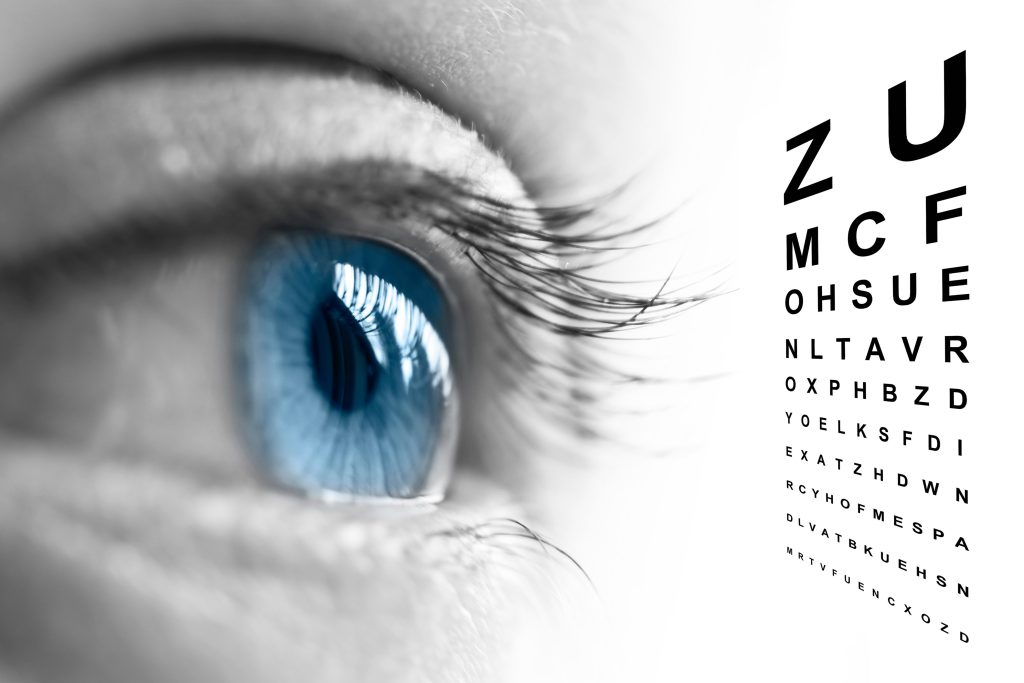OUR Services

Driver Evaluation:
At times, a change in medical status, an injury, decline related to a progressive diagnosis or other situations may require a person’s driving ability to be evaluated to ensure that continuing or returning to driving is appropriate and if further training or adaptive driving equipment may be needed.
This evaluation will include a clinical evaluation by a Certified Driver Rehabilitation Specialist who is also an Occupational Therapist. Visual, perceptual, cognitive, reaction time and physical skills needed for driving will be evaluated. If you use a wheelchair or other assistive mobility device, this will also be considered as it relates to your ability to transfer from, load and unload into a vehicle
If appropriate based on the clinical evaluation, the second part of the evaluation occurs behind the wheel in our vehicle. A standardized route is used to assess your skill in environments that get gradually more complex. If you are being introduced to new driving equipment, the evaluation may not progress beyond the parking lot. If you are having difficulty in any areas, the evaluation may not progress through all environments.
Following these parts of the evaluation, your evaluator will sit down with you and a family member to discuss your results and provide you will their recommendations related to your ability to continue or resume driving. These may include but are not limited to; return to driving without limitations, further specialized driver training or education needs, other specialty interventions, adaptive driving equipment, restricted driving or driving cessation.

Young Adult Potential to Drive Evaluation
A comprehensive evaluation for un-licensed drivers who have developmental or congenial disabilities that may affect their ability. This evaluation will determine if someone has potential to learn to drive and what interventions are recommended to assist with that goal.
This evaluation will include a clinical evaluation by a Certified Driver Rehabilitation Specialist who is also an Occupational Therapist. The evaluator has specific knowledge of these types of disabilities and has experience working with individuals who may need increased time, modified explanations and compensatory strategies. Visual, perceptual, cognitive, reaction time and physical skills needed for driving will be evaluated.

If appropriate based on the clinical evaluation, the second part of the evaluation occurs behind the wheel in our vehicle. It is not a requirement that the person being evaluated has ever driven before. This portion of the evaluation may not progress beyond a parking lot where basic operational skills are taught to see how areas identified in the clinical evaluation affect the person’s ability to learn to drive.
Following these parts of the evaluation, your evaluator will sit down with you and a family member to discuss your results and provide you with their recommendations related to your potential to learn to drive. These may include but are not limited to; delaying the goal of driving, other specialized interventions, pre-driving skill development, providing resources, specialized driver’s training, small group or 1:1 driver’s education and adaptive driving equipment.

Specialized Driver Training and/or Education
DriveAbility offers a modified, individualized approach to clients who have diagnoses that make a traditional method of obtaining a license difficult. DriveAbility also offers training for adaptive driving equipment.
Once potential to drive is determined, recommendations for new drivers working with our comprehensive driver rehabilitation program for training and education. DriveAbility’s instructors have completed specialized training specifically to work with inexperienced drivers with many diagnoses, including learning disabilities, attention deficit disorder, autism and anxiety.
